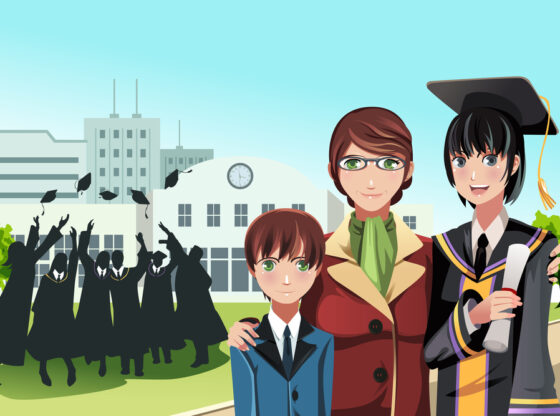Contributed Content Provided by WordPro SEO.
In the whirl and excitement of a student’s first few weeks on a college campus, it can be easy to overlook the challenges that may lay ahead for many. As exciting as these years can be, they are also demanding and stressful. After a head start, some students may find themselves struggling with their classes, their social life, and the transition to living independently, in most cases for the first time. However, another group is often overlooked when it comes to discussions of college students and mental health. These are nontraditional students, and this population may have a different set of needs than those fresh out of high school.
A Diverse Population
Who are these nontraditional students? They may come from many different walks of life. Some may be veterans, taking advantage of the financial aid available to many of them to attend college. Some of them may be middle-aged adults making a career change. There might be stay-at-home parents looking to refresh their skills and knowledge now that their children are older, newly divorced people working to reinvent their career prospects, and single parents juggling many responsibilities in hopes of getting a degree and making a better life for themselves and their children. There are many different types of people attending school for various reasons, and universities need to have a plan to support their mental health just as they do for recent high school graduates.
Telehealth
This can be one of the best innovations for nontraditional populations because it makes access so easy. Most campuses offer mental health services these days. Still, suppose they are only open during regular business hours. In that case, this could be hard for some to access, especially if they are taking online classes or night classes or if they have limited time on campus for other reasons. A telehealth option means they can reach out and get help without having to go to campus from the comfort of their home. It also means they can do it at any time. You can review a guide on supporting mental health and helping students on and off-campus manage their wellbeing as they progress through school.
Training and Awareness
Administration and staff, including professors, also need to be trained to be aware of and respond to the needs of nontraditional students. Of course, they are not expected to be counselors. Still, they should direct students to necessary resources and understand that this group might have different priorities, conflicts, and difficulties. For example, while an 18-year-old might be struggling with loneliness, homesickness, or trouble with budgeting their semester’s financial aid allowance, a 38-year-old might be dealing with the demands of childcare or a full-time job.
None of these challenges are necessarily more serious than the other. They are simply different, and campuses must be prepared to provide support in many different types of situations. Organizations aimed explicitly at nontraditional students can offer a more informal kind of support.











